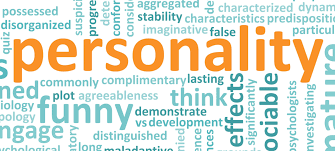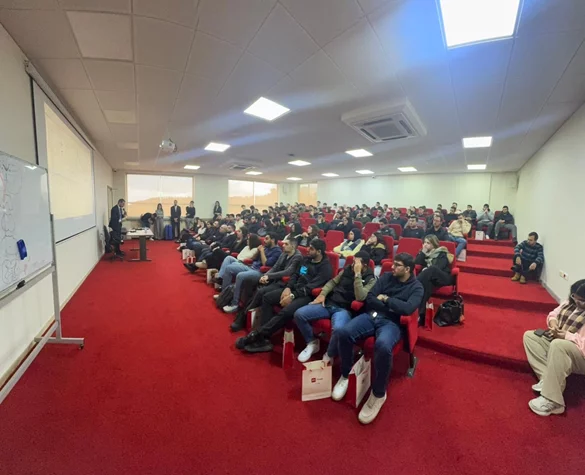What behaviors in daily life are most closely related to personality traits?
Extraversion
What Extraverts Do Most: Use more words! The strongest indicator that someone is an extravert is that they literally say more words in their day-to-day life.
What Extraverts Do Least: Cough and sneeze. This is a surprising one, and will probably require further study of chains of effects to really understand. One possibility: being lonely is related to poor health, so it might be that all that extra socializing extraverts do keeps them healthier-and therefore less likely to cough and sneeze!
Most "On the Money": Extraverts talk more. This should come as no surprise, because it feels like it's part of the definition of being an extravert. But it's nice to have the science here to back it up. The more extraverted you are, the greater the percentage of your day spent talking.
Most Surprising Relationship: Extraverts complain more, and express anger and frustration more. Ok that's two, but I think it's important to note that there are some downsides to being an extravert. Being outgoing can also mean being more difficult to deal with.
Agreeableness
What Agreeable People Do Most: Yawn. Yes, yawn. This is another surprising one, and one that will definitely require further research. My best guess at what it means? Yawning tends to be contagious, so agreeable people might be “catching” more yawns from those around them, since they tend to be more focused on pleasing others.
Conscientiousness
What Conscientious People Do Most: Eat and drink. In another surprising finding, conscientious people spend a greater proportion of their day eating and drinking. This could be because they are less likely to skip meals, because they are more likely to remember snacks to keep their blood sugar up, or for some other reason.
What Conscientious People Do Least: Commute! The more conscientious a person was, the less time they spent "in transit" from place to place
Most Surprising Relationship: Use non-fluencies like "umm" and "uhhh." You'd think that conscientious people might be more "orderly" in how they speak, like they are in other areas of their lives-but you'd be wrong. It could be that this indicates conscientious people spend more time pausing to consider their words or hedge their statements-and use the "umms" to indicate this uncertainty.
















.webp)








